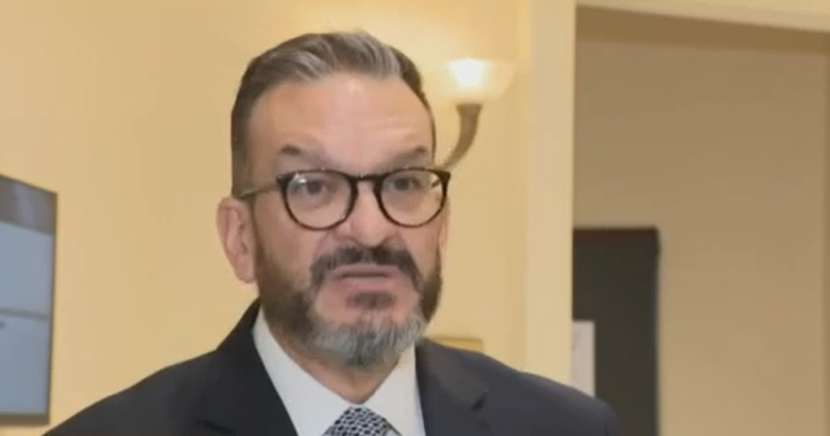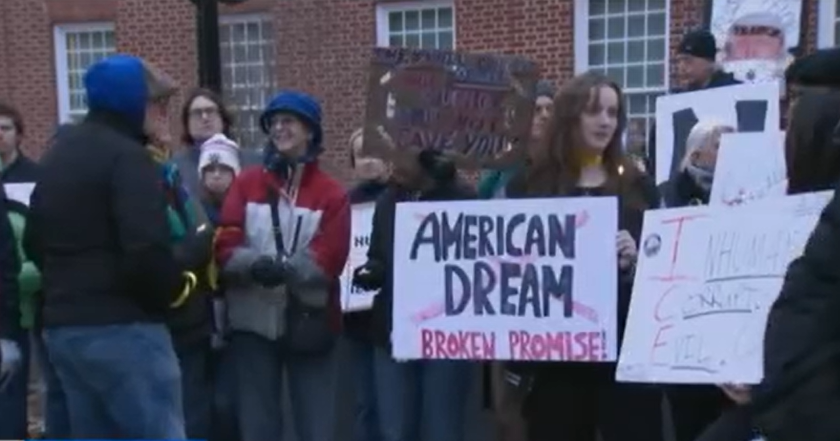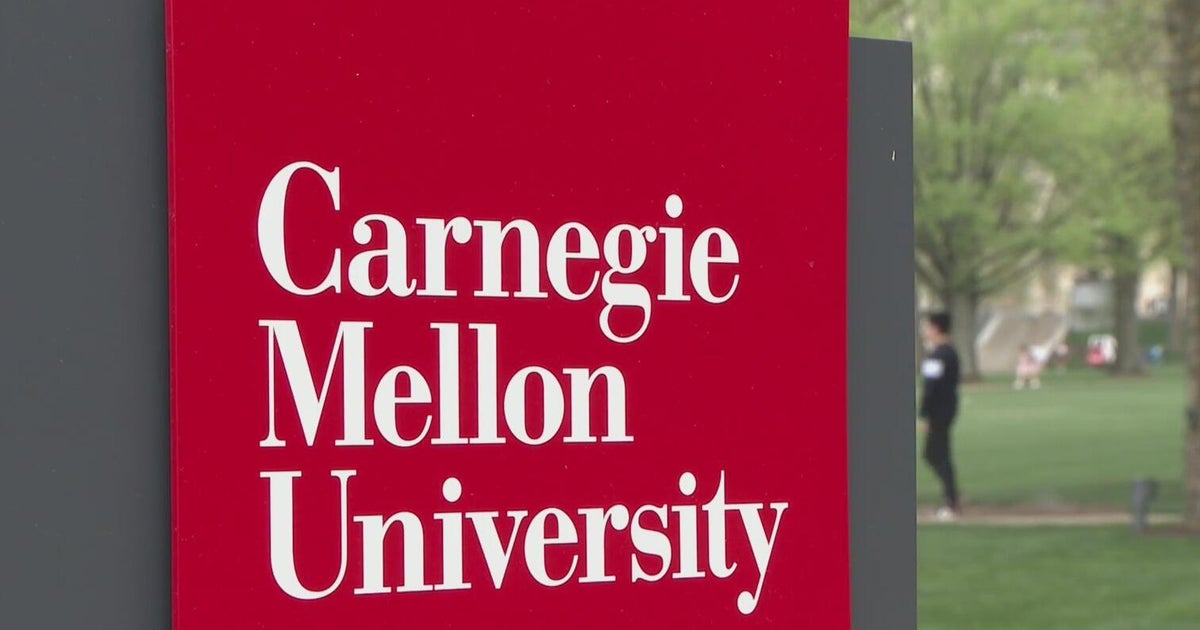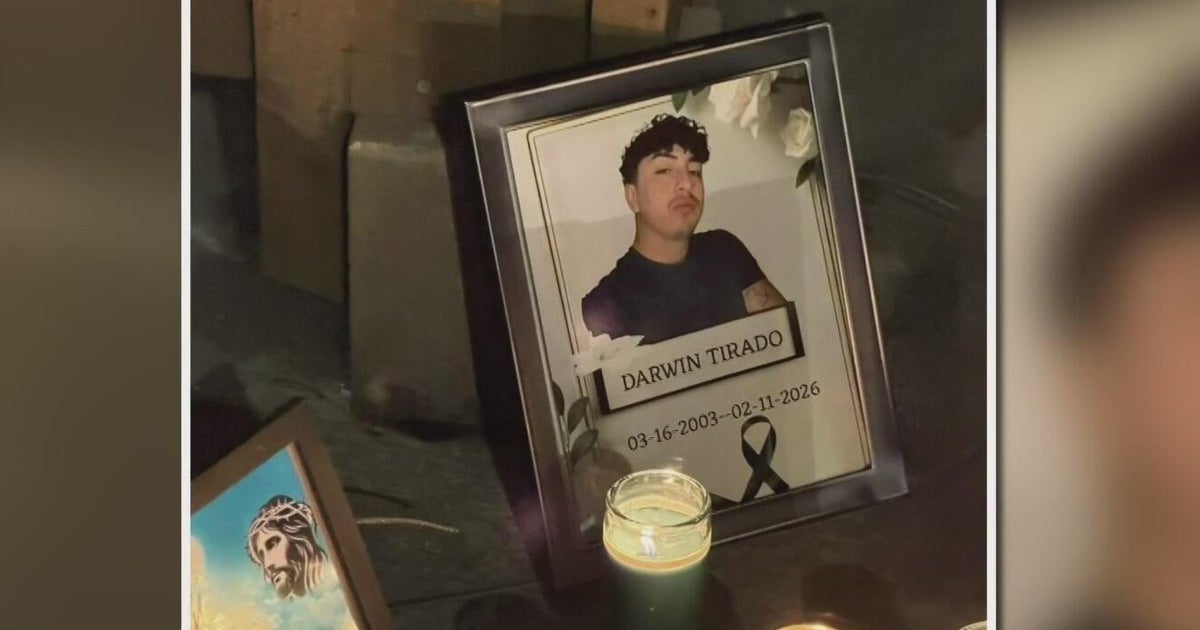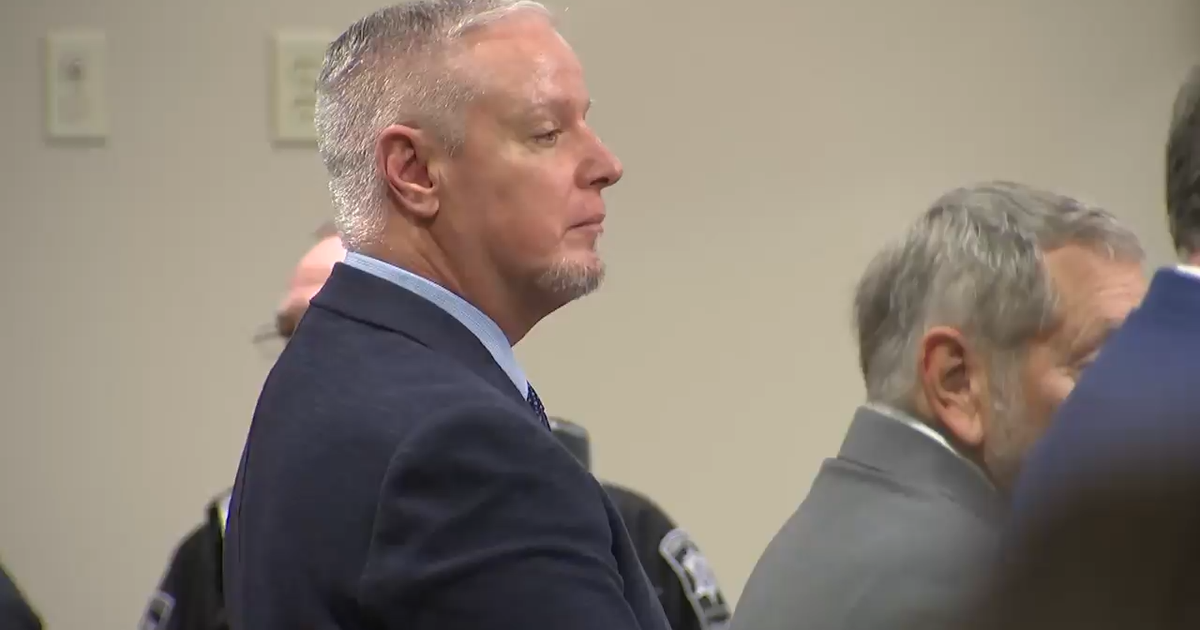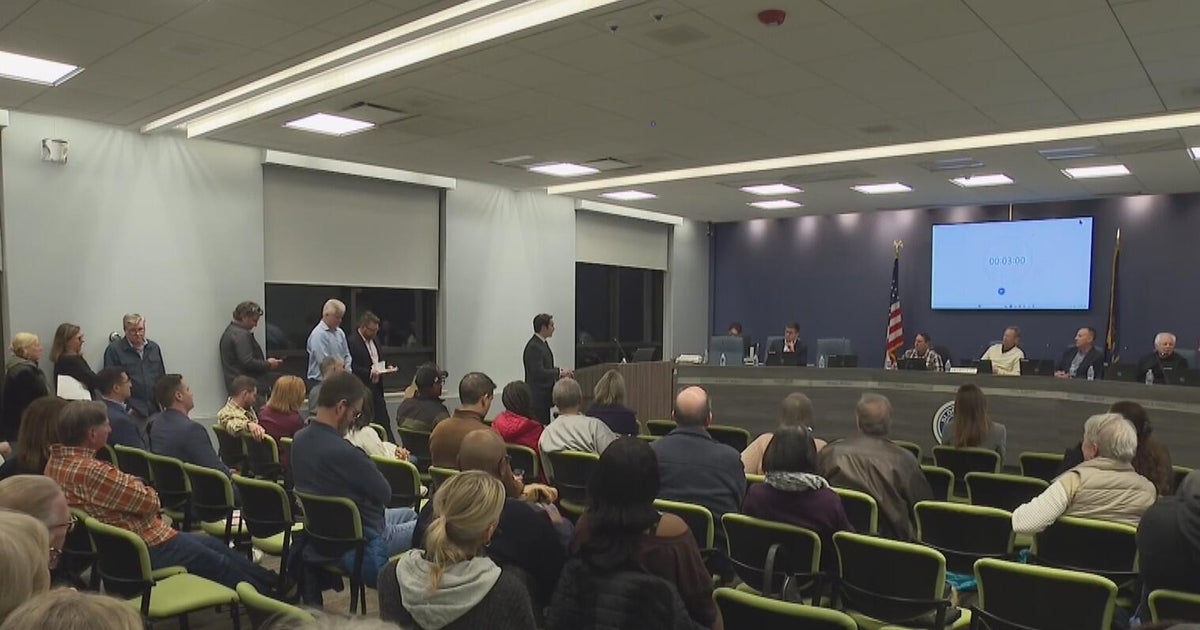Survey: Troops Support Gays In The Military
BALTIMORE (WJZ) -- The Secretary of Defense and President Barack Obama support gays serving openly in the military. Now a survey shows most troops and their families do, too. Suzanne Collins explains the "Don't Ask, Don't Tell" policy could be repealed by the end of the year.
UMBC student Jeremy Johnson served more than a decade in the Navy but military values of honor and courage didn't seem to fit with hiding the fact he's gay.
"When you're living under DADT, you're forced by law to lie about a major part of who you are," Johnson said.
Johnson finally wrote his commander admitting his sexual orientation and was discharged. He hopes the policy is changed and he can return to Navy service.
"People think we're going to fly the closet door open, throw up a flag and say, `We're queer, we're here,' but it's just not what it's about," Johnson said.
A Pentagon survey shows most military families support a less restrictive policy.
"The majority of those who answered the summary, more than two-thirds do not object to gays serving openly in uniform," said Defense Secretary Robert Gates.
The Pentagon survey was massive: 115,000 troops were questioned and over 44,000 military spouses and there were town halls at bases around the country.
Even troops at war and at foreign bases filled out online surveys.
Paula Neira, a Naval Academy graduate and lawyer, has handled many cases of those dismissed under Don't Ask, Don't Tell.
"Fourteen thousand service members since the implementation of this policy have lost their careers--people that were needed, people that were fully qualified to serve and wanted to serve, but for their sexual orientation were thrown out of the military," Neira said.
On Facebook, even Lady Gaga is advocating the repeal of Don't Ask, Don't Tell. She's calling for fans to call their Congressmen and demand it be done before year's end.
The military says it's determined there could be some disruption at first if the policy is changed but nothing widespread or long-lasting.
The idea of letting openly gay service members serve was slightly less popular among combat troops but still supported by the majority.
